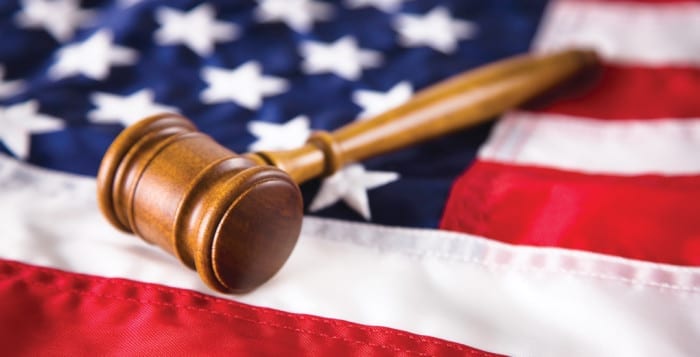Where do we get the “Oh, right, I get it,” moments? We’re so close to ourselves and our lives that those moments are often hard to see. It’s like in the movies, where someone has a close friend: Lo and behold, that friend turns into something much more, once personal introspection is abandoned and it is realized how important such a friendship is deep down.
Beyond the romantic comedies, however, we can turn to dramas, action films or other forms of entertainment for a broader awareness of ourselves and our lives.
Let’s say we’re driving on the Long Island Expressway and somebody cuts us off. What do we do? Well, if we’ve got kids in the car, we might grind our teeth, hold on tight to the steering wheel and fight the urge to say things that would look something like “$#$#@%$!!!” in a cartoon.
But what did that person make us do? Did we have to hit the brake a bit when we’re on the way to a soccer game? Did she interrupt our train of thought when we were about to cure cancer, come up with a solution for tension in the Middle East, or figure out a way to reduce fossil fuel emissions from the thousands of planes that soar overhead?
Is it possible that she was racing home from work to take care of a kid with a stuffy nose, to hear someone’s first violin concert or congratulate her son for earning his first A in social studies?
Yes, most of the time we’re, thankfully, stuck in the world of the small stuff. If we’re fortunate enough, we’re not worried every moment about taking care of basic needs. I know people have told us many times not to sweat the small stuff and they’ve even urged us to understand that it’s all small stuff. The problem is that we’ve become accustomed to a world in which everything is available to us right now and in which we don’t want to wait for anything or anyone.
How’s all that extra time working out for us? Are we all enjoying the chance to spend more quality time with each other? We seem to have freed up our time so that we can disconnect with the people around us, staying plugged in to a virtual world devoid of awkward silences, driven by words that pour out of our fingers instead of our mouths. We don’t have to comb our hair or check our teeth to send someone a funny text with a little premade goofy face.
This isn’t a diatribe against electronics. I enjoy the instant gratification of knowing something that comes from ubiquitous Internet access.
In movies like “American Beauty,” we see Kevin Spacey “get it” a bit too late. He doesn’t see the wonder of his life, his wife and his daughter until he can’t appreciate or show it.
In real life, even people with jobs they dreamt about often get so caught up in what they’re doing that they seem to miss “it.” Of course, when these small, unflattering moments occur for our fame-generated celebrities, eager members of the paparazzi capture them “losing it.”
It’d be difficult to smell the flowers, become energized and inspired by a child’s question, or pause to appreciate a shifting wind all the time. We wouldn’t get much done and, I suspect, might miss a bill, deadline, meeting or two.
But, wouldn’t it be nice if those “Oh, right, I get it,” moments came more often, giving us the ability to appreciate the unseen air we breathe and the world of infinite possibilities that awaits around the corner?







